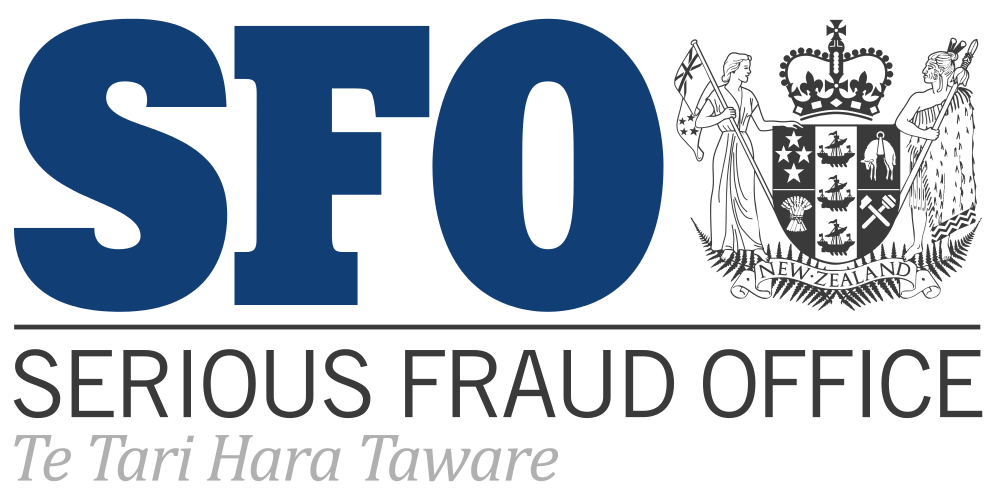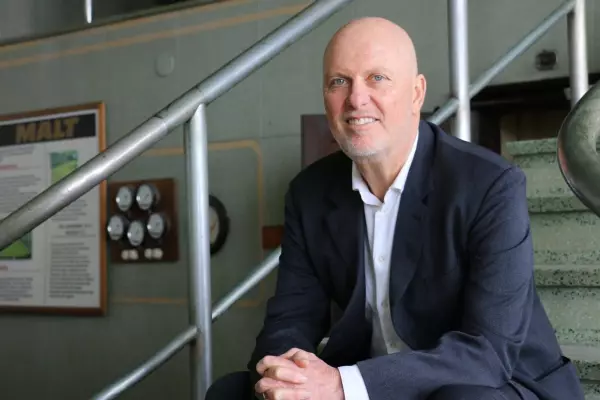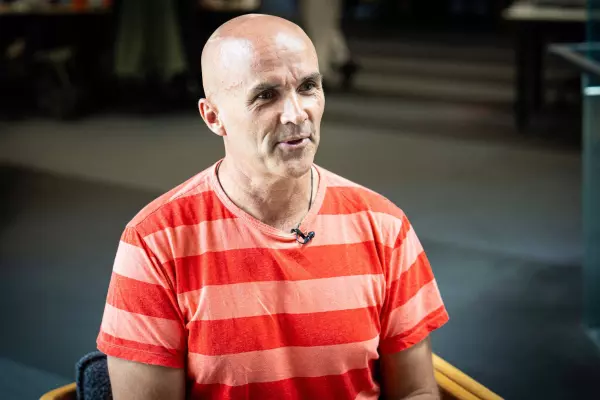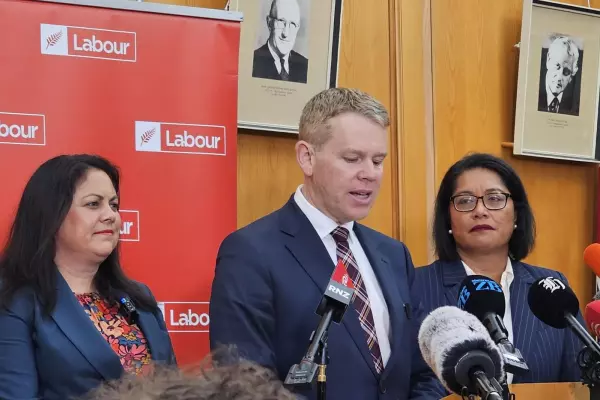OPINION: Fraud office problems need to be taken seriously

Few in the legal community will be surprised to hear the Serious Fraud Office has been sounding the alarm that it is struggling with its workload.
The government agency told MPs late last month it will “confront significant limitations” to deliver investigations and prosecutions and is “presently experiencing difficulties coping with the increased demands of very large cases.”
Lawyers had already expressed concerns in 2017 after the fraud agency dropped a four-year probe into Zespri, which cost the kiwifruit marketer $7 million to defend.
The news followed the SFO confirming it would re-open a probe into Fuji Xerox, a case it is still sitting on.
The SFO’s budget has risen 15 percent in four years, in a period when complaint numbers doubled. This year, its overall budget was cut to $9.7 million from $10.1 million for the year through to June 2020. In contrast the Financial Markets Authority’s budget for litigation alone has been tripled from $2 million to $6 million for the same period.
So is the SFO’s inability to get stuff done an issue of funding or competence?
And as the fraud squad consciously reduces the amount of cases it takes on, what does this mean for business in this country?
Members of the senior criminal bar won’t talk publicly about the office for fear of biting the hand that feeds. For its part, the SFO said it would not respond to comments made by unknown lawyers.
Those lawyers point to the types of cases recently prosecuted, such as mortgage fraud or lower-level individual offences, as “rats and mice” compared with the complex financial company collapses of the past or issues presented by alleged accounting irregularities at Fuji Xerox.
One senior prosecutor warned the office has “lost its way,” not least because it is “appallingly-led.” He pointed out chief executive Julie Read seems to always be off on international conferences and lacks the gusto to pursue difficult cases.
A review of Read’s expenses as chief executive shows she spent about 30 days abroad this year, but it should be noted that many of her conferences are not paid for by the taxpayer.
Read has disclosed expenses for about 20 overseas trips since being appointed in 2013 as the agency’s leader, compared with Simon McArley who took one trip during his brief year in office, while Adam Feeley who took six trips in about three years. Comparing Read’s trips with Feeley shows that she spends more time abroad than her predecessors, often at the invitation of and sponsored by other countries’ fraud agencies.
Another Queen’s Counsel told me Read is doing the best job she can, arguing that $10 million to fund 50 staff is not a lot of money, and the reality is that the increase in documents having to be reviewed is “astronomical” because there is simply more paperwork being produced these days.
Advances in artificial intelligence to review documents promise more than they really deliver and can’t replace “bums on seats,” the lawyer said.
There has been talk of rolling the SFO into police, but the idea of giving the cops special powers, such as the SFO’s power to compel people to answer questions, sits uneasily with many - people have the right to remain silent when questioned by police currently. Others consider that a merger with police would see fraud cases being constantly under-resourced in favour of violent crime.
It might make more sense to pool some back-office functions with the Financial Markets Authority or Commerce Commission.
I’m hopeful, but not holding my breath for some sensible strategic change when the State Services Commission releases its review into the SFOs strategic direction and priorities, a review it has not undertaken since 2014. The report was expected in November but has been pushed back to early next year.
Whether you think the SFO’s problems are to do with leadership or not, it's clear it's not up to scratch.
The issue has to be considered within a wider business environment where litigation funding is increasingly coming in to fill the gaps where regulators, not just the SFO, have failed.
I’m not anti-litigation funding, but these outfits can take about 30 percent of any proceeds for the risks they take and it's worth noting the Law Commission has only just set its terms of reference for an inquiry into whether they should be regulated, and won’t give recommendations until 2021.
The proposed class action for Intueri - the SFO closed its investigation of that company in 2017 - may provide some justice, as might any CBL Insurance class action, should the regulators fail.
But these are companies which were publicly traded and had investors which are a specifically defined class of people who can sign up to a class action and show damages.
The complex financial crimes which go unpunished in private companies, such as what has been alleged at Fuji Xerox, don’t have that class of victims, although the copier firm's competitors might say they were disadvantaged, and the Japanese parent is clearly not happy about it.
Free-market thinkers might say that’s okay and, in any regard, there are still other ways to sue when regulators fail, for example the copier firm has its own suit against the individual executives involved.
But I say it shouldn’t have to.
Last week Vector made strong remarks about why it's taken a private prosecution for alleged fraud, explaining that such conduct, left unchecked, leads to inflated infrastructure costs.
It cited a public interest in calling out fraudulent behaviour.
Wouldn’t it be nice if our fraud regulator did that - instead of an electricity lines company?
Comments













